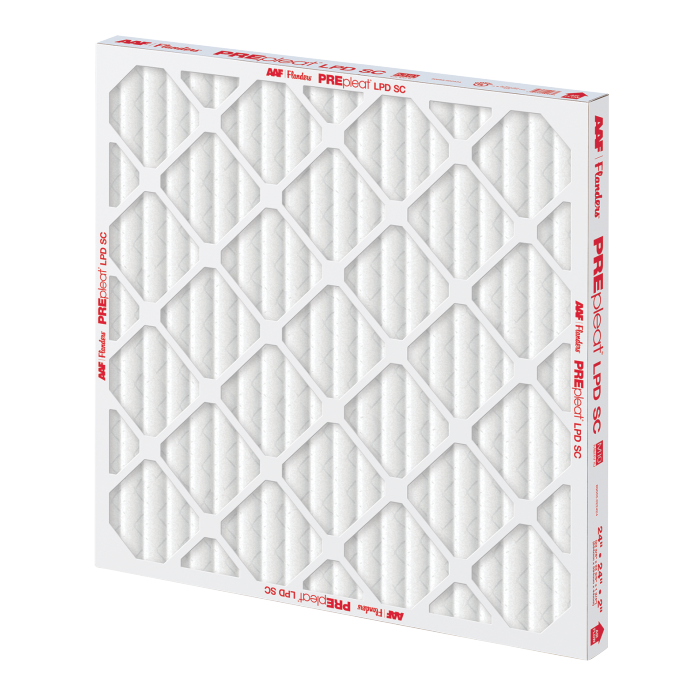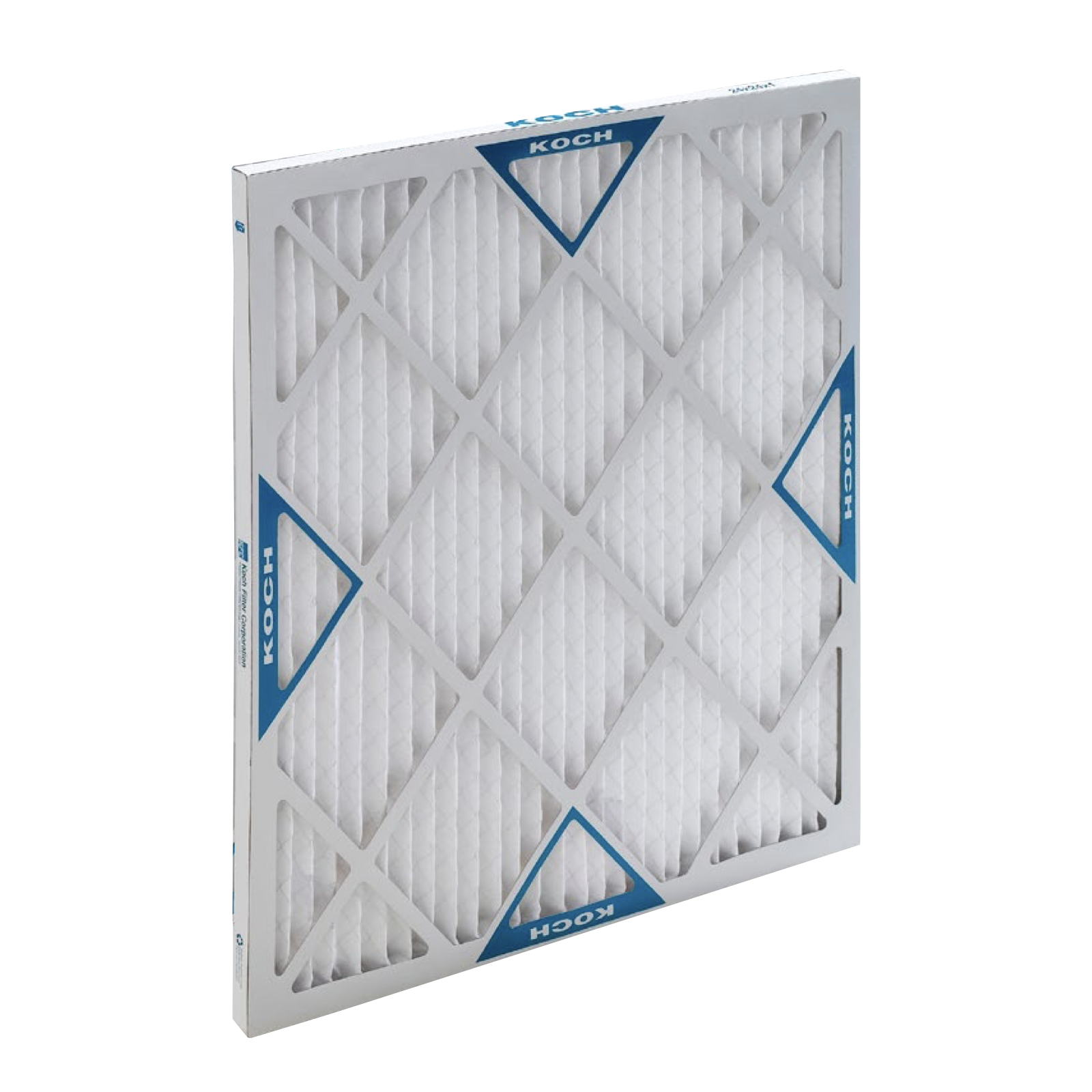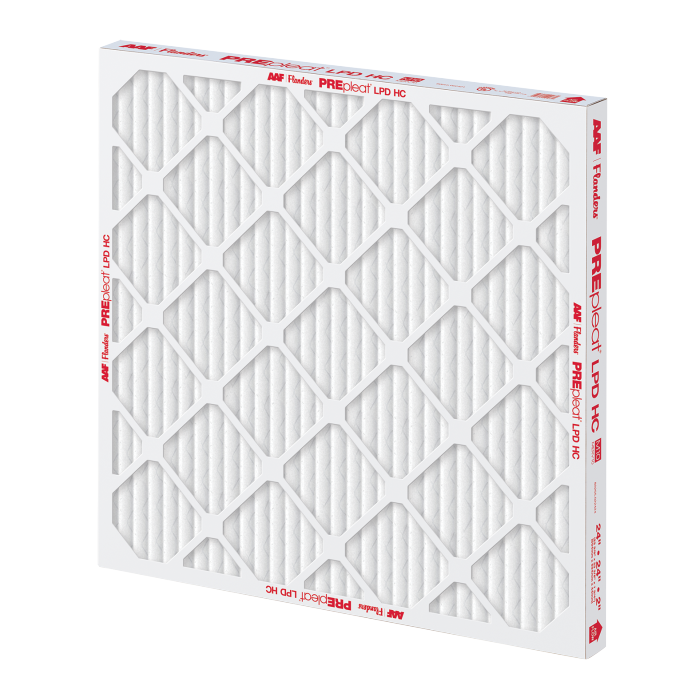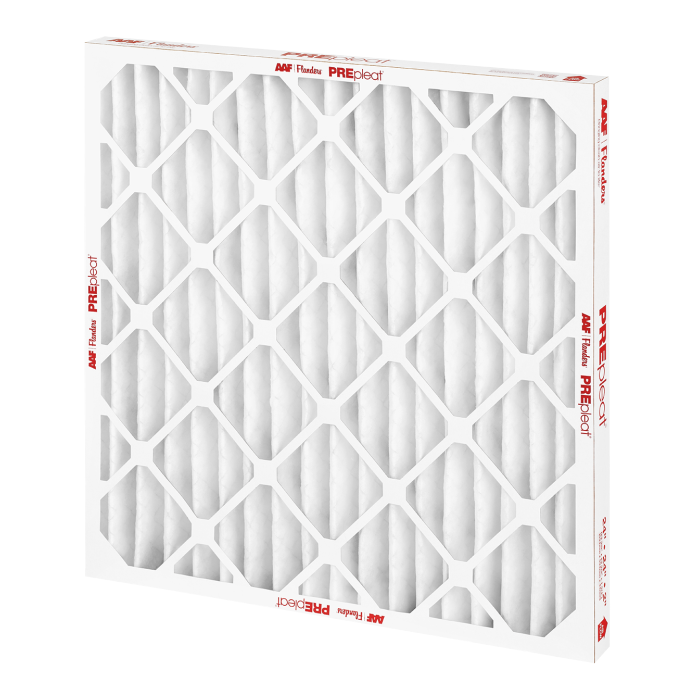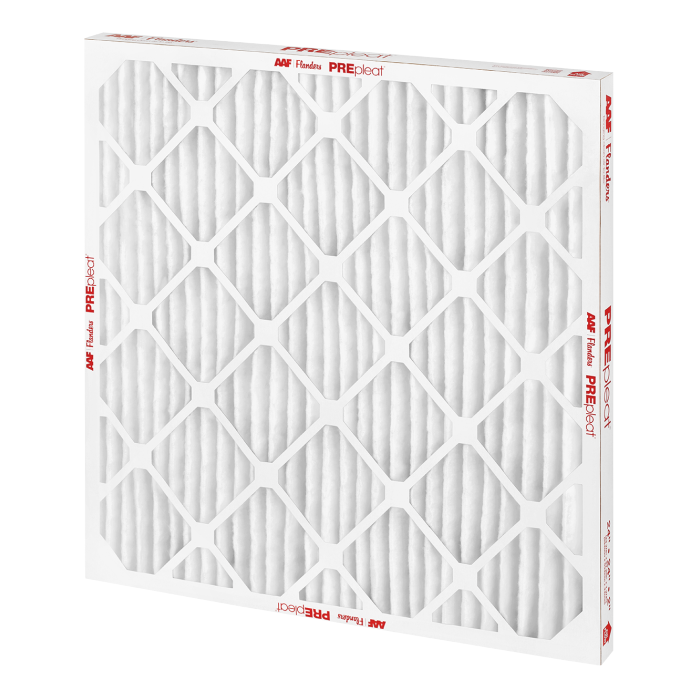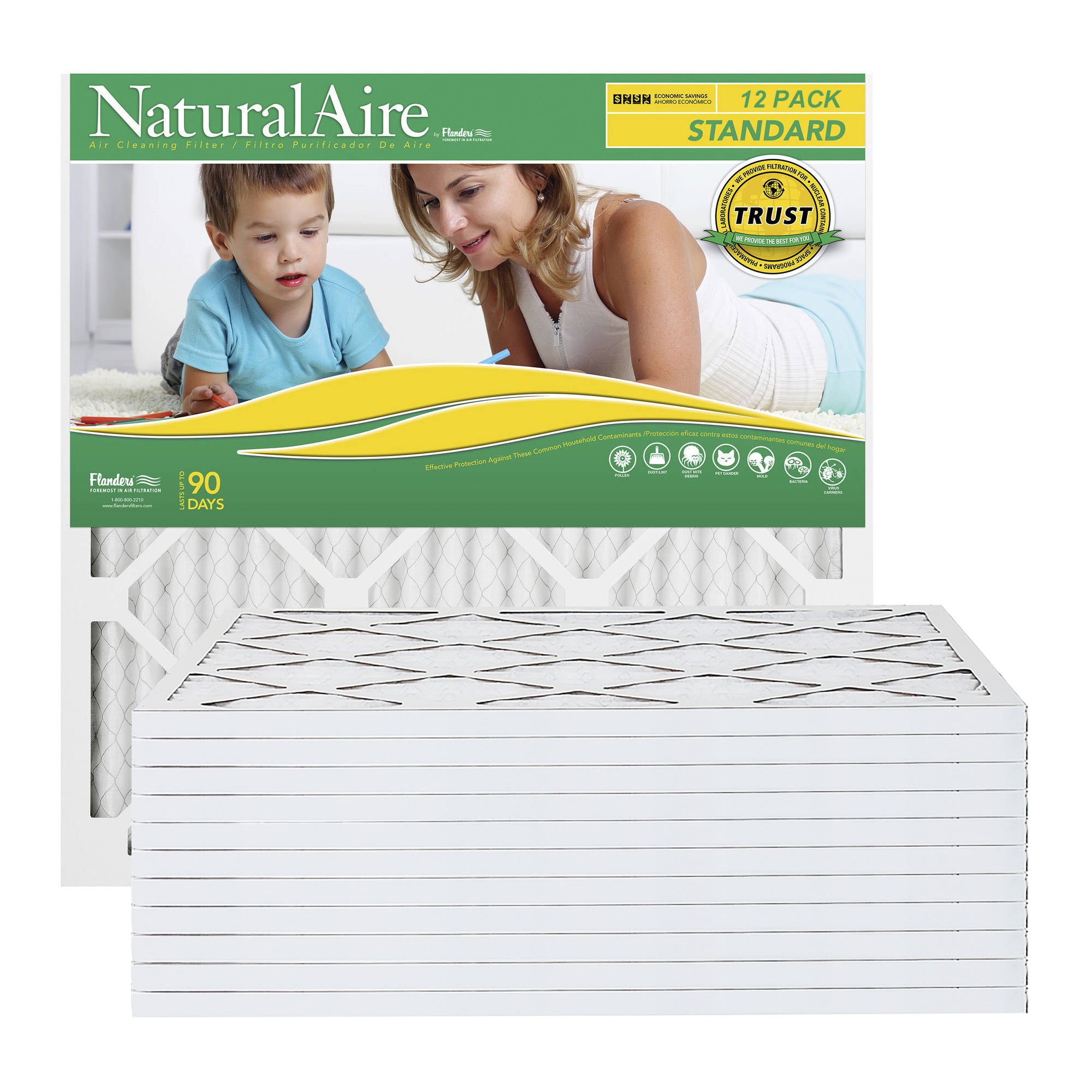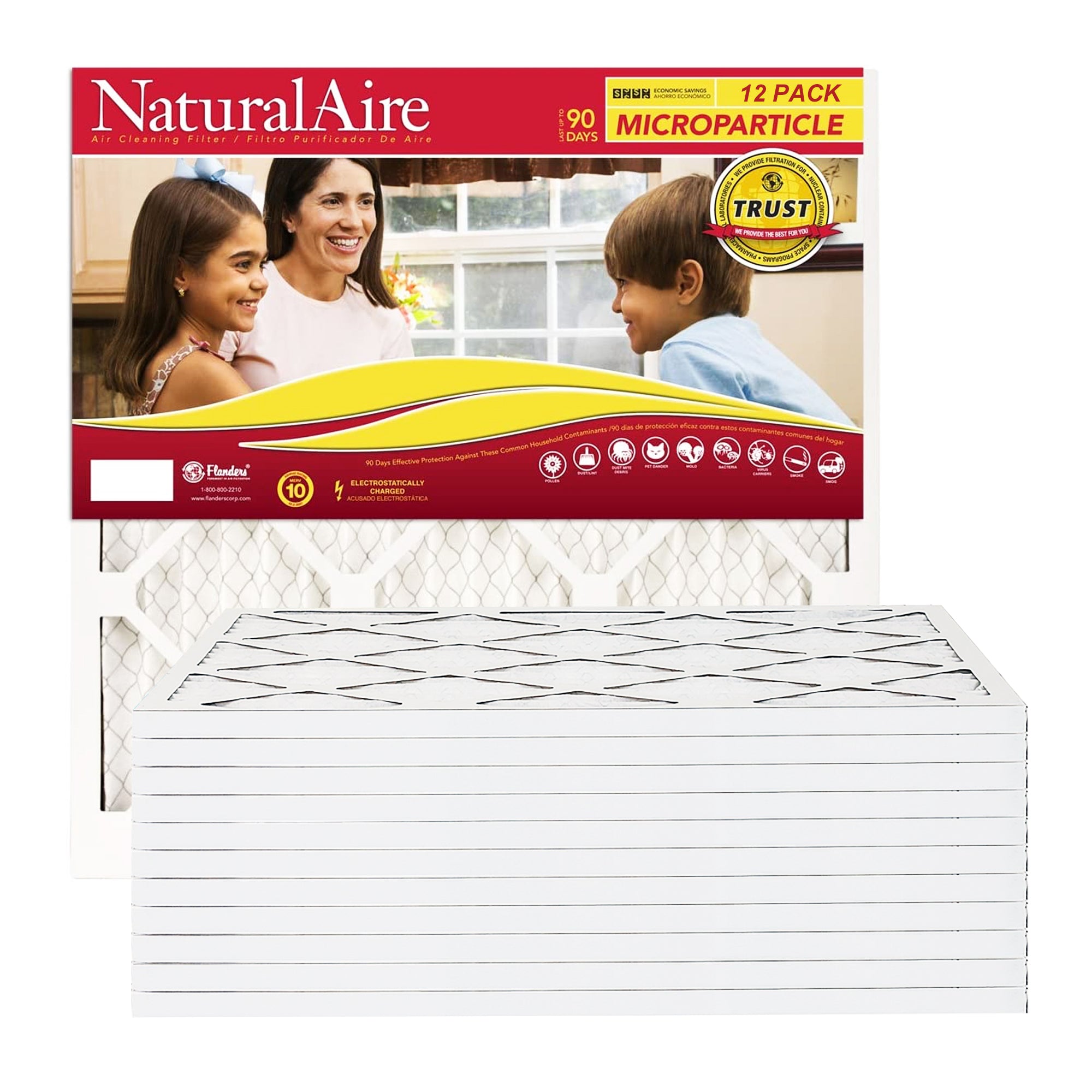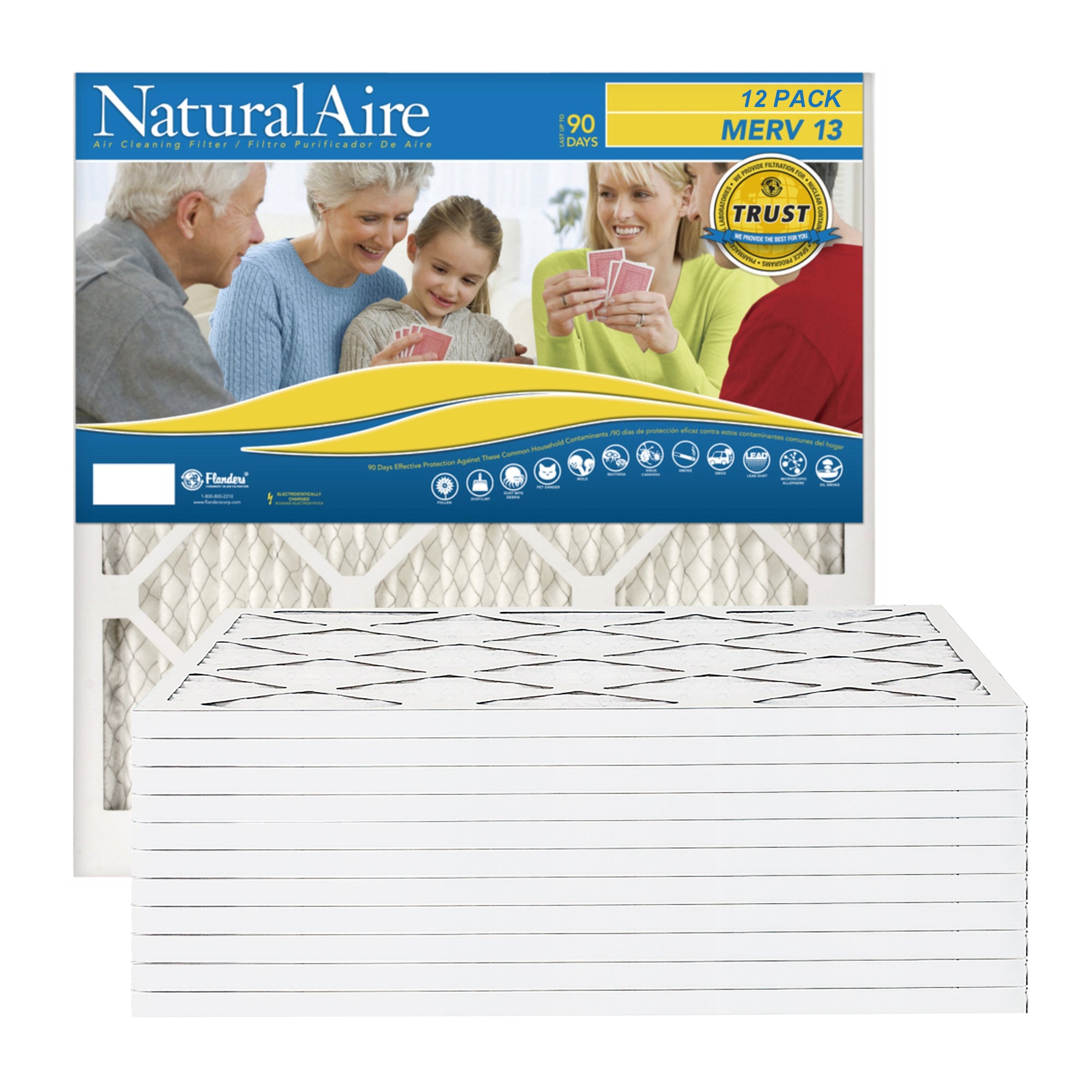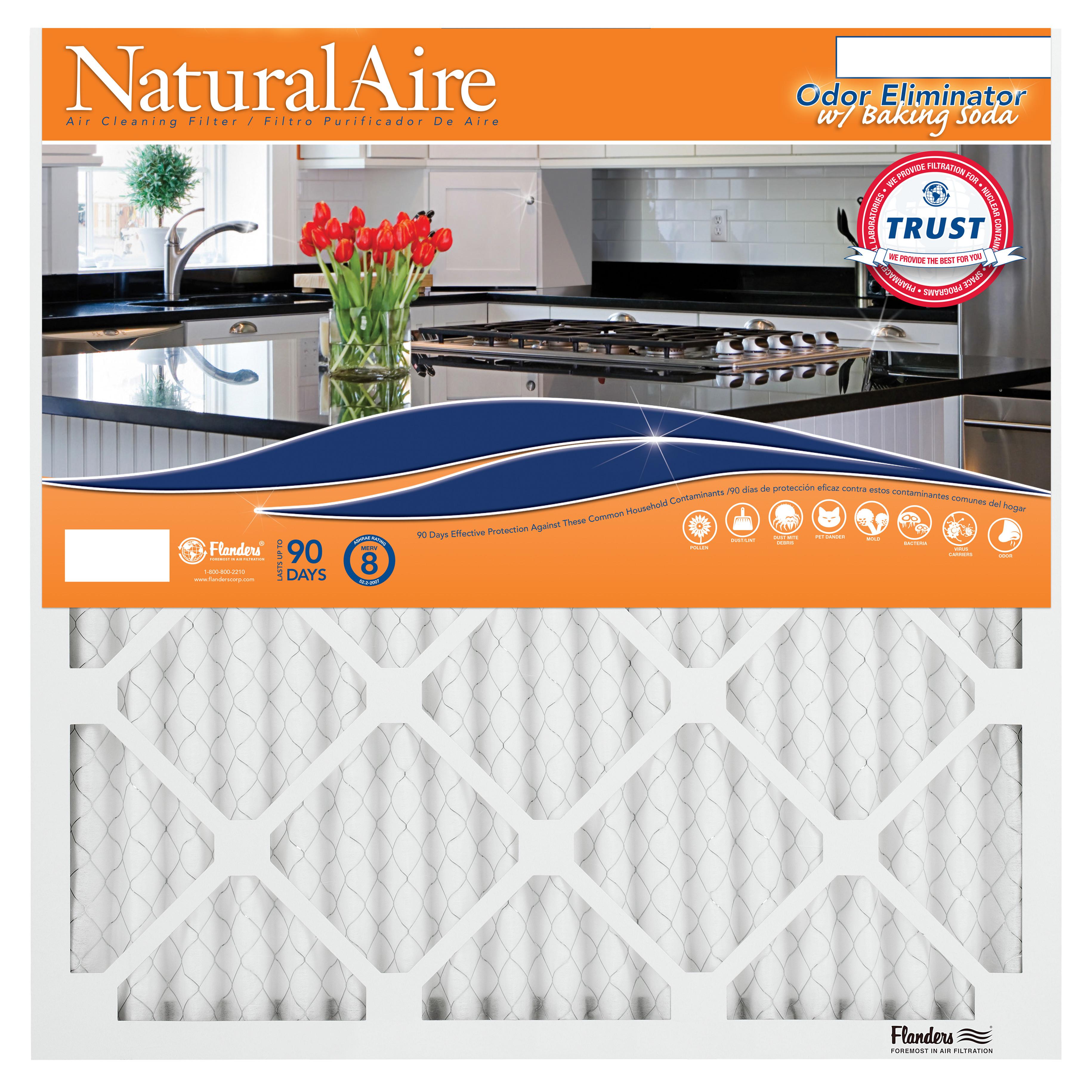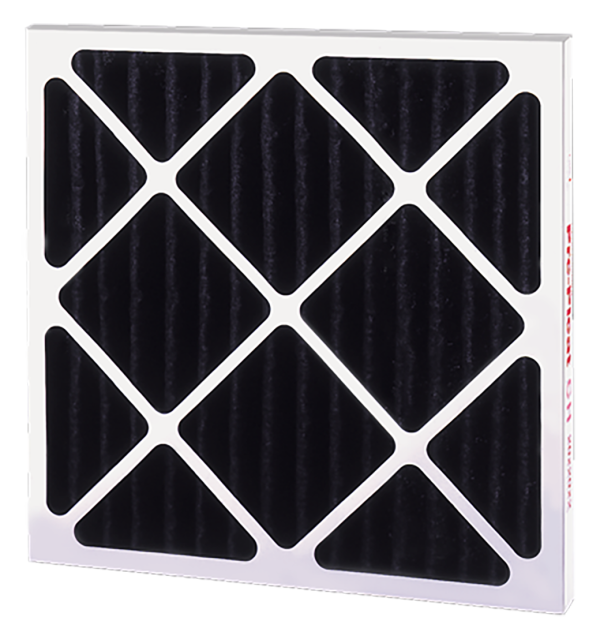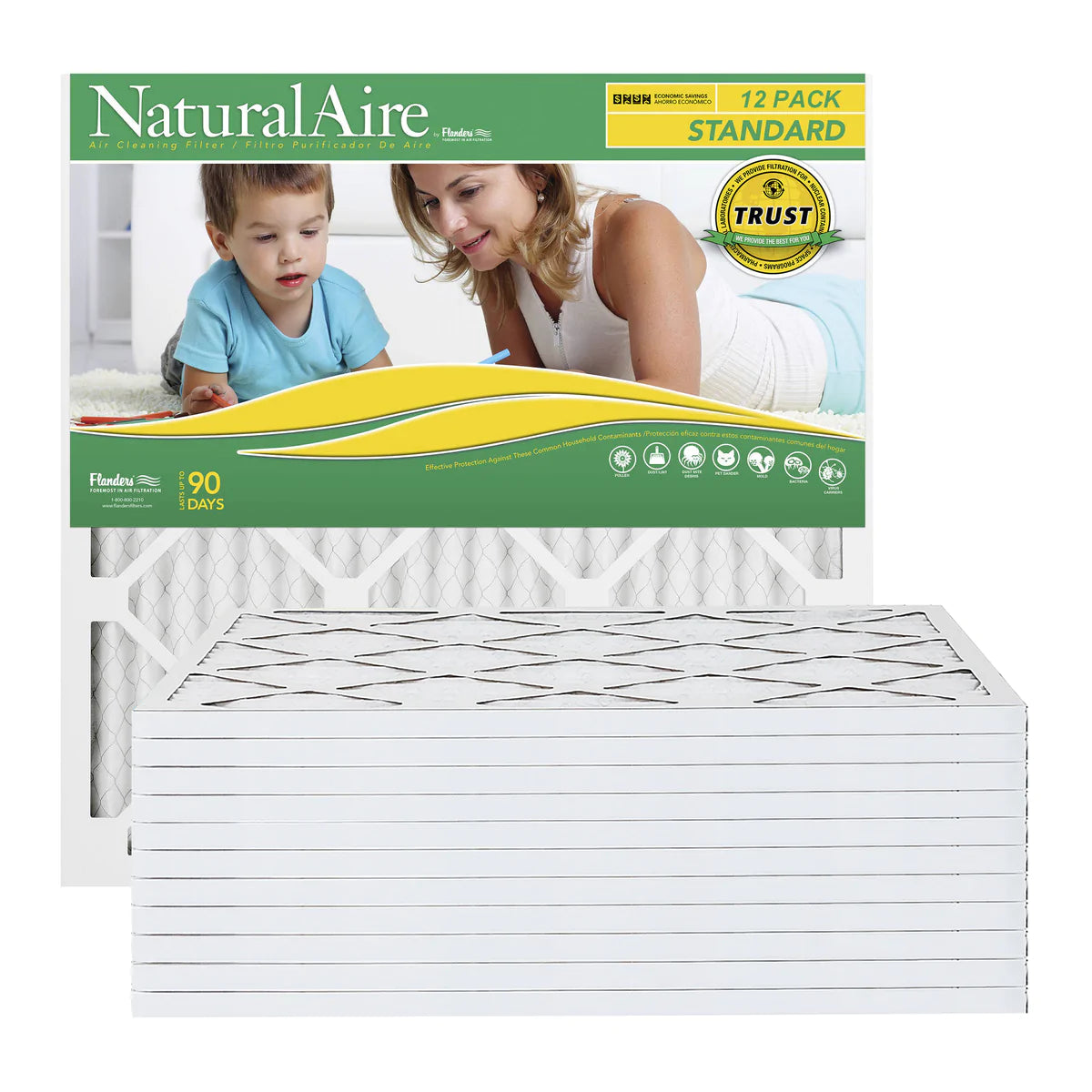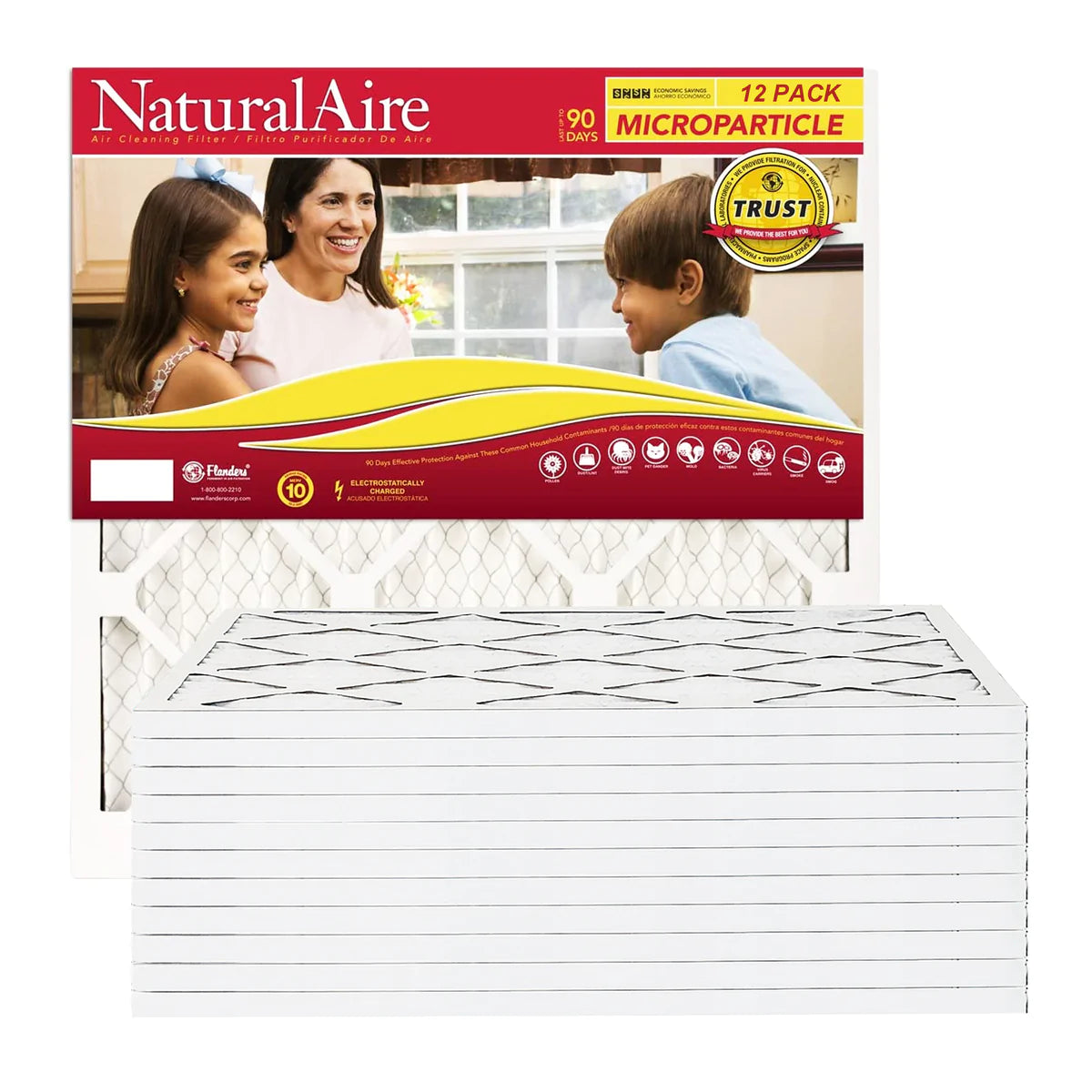It isn’t uncommon for a homeowner to prioritize safety, health, and comfort while in their residence. As a homeowner yourself, you may hear stories about how your neighbors tighten up their spaces to promote adequate ventilation and indoor air quality.
If you’re green to the term, tightening up a home refers to sealing potential gaps and cracks that promote air leakage. To combat this, homeowners typically insulate or cover up these cavities. But can your home be too tightly sealed? How much is too much?
In this article, we'll explain more details about sealing a home and whether introducing a restrictive barrier is something you should do.
Air Movement
Air movement within a home is a typical attribute of proper ventilation. Most residences have just enough cavities to aid in natural ventilation as air travels through the space; this is typically achieved by opening windows and utilizing fans that distribute air throughout the home.
Older homes were said to live longer, given their ability to naturally ventilate through air leakage, keeping the space healthy and dry.
From a different perspective, frequent air leaks in a home may decrease its energy efficiency, signaling a loss of control of air movement and increasing the risk of structural damage.
Insulation and Sealing
Utilizing insulation and sealants as moisture and air barriers can effectively promote energy efficiency within a home. In this instance, you would apply sealant or foam to window frames, door frames, and other places that allow air leakage.
While they do well in keeping exterior contaminants out of an area, tightly sealed areas with many barriers rely on mechanical ventilation to circulate fresh air.
Combustion appliances that rely on burning fuels like ovens, stoves, fireplaces, dryers, and space heaters can accumulate within the home, potentially threatening the well-being of its residents.
Effects on the Home
Without ventilation or air exchange, your property won’t breathe; you can expect to breathe in toxins and contaminants radiated off objects that you wouldn’t typically expect. Everything from flooring, clothing, paint, and furniture can exude toxins that, if stagnant, can impact the home and affect your health and household.
You'll know your space is unhealthy if you experience sleep disturbances, frequent headaches, general discomfort, sinus infections, and fatigue.
Believe it or not, having your home too tightly sealed is possible! With a certain amount of air ventilation required to promote indoor air quality, having too much sealing throughout the space can cause concern in regard to trapped contaminants and their recirculation.
While sealing your residence is an essential element in energy efficiency, it helps to remain mindful of how much insulation and sealant you use. If your home contains excessive sealing, consider adding fresh air ventilation options to your HVAC system.
You can prevent plenty of contaminants and allergens from entering your home by installing a high-quality, efficient air filter, like one of our Flanders NaturalAire filters. These metal-reinforced components come in standard and custom sizes that would suit any environment.
Shop Our Filters

